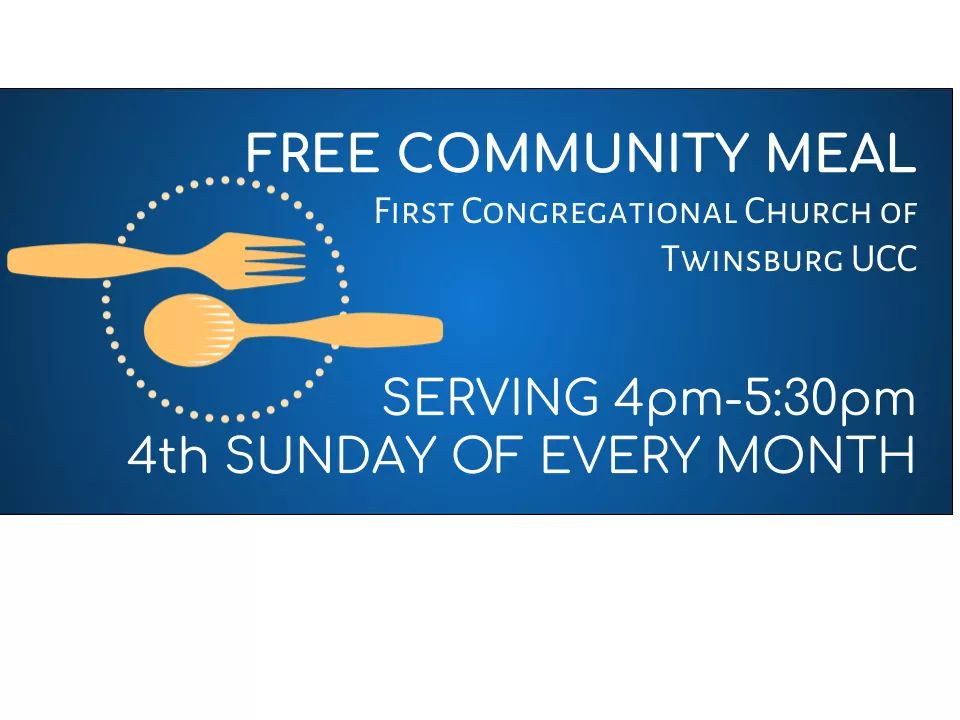Every year at this time Psalm 31:15 comes into my thinking. It is a Psalm of Lament, lamenting on the enemies that surround the speaker, the arrogance of the enemies, the viciousness of the enemies, the arrogance of the enemies are all concerns for the Psalmist. Yet even in the face of these enemies, he trusts in the Lord, “You are my God!” he declares in the face of this opposition.
The use of “time/times” in this sense is more than a remark on the passage of time. Underlying the psalmist’s surrender is an understanding of life as made up of a series of decisive moments in which a person can take either appropriate or inappropriate direction, depending on how he or she responds to the circumstances. One response is to seek to control and manipulate the situation to one’s advantage. That is clearly what the psalmist’s opponents are doing. The other way is to surrender one’s personal will to the power and authority of God.
This is no simplistic fatalism in which the psalmist, confronted by life-threatening circumstances, simply shrugs and says, “Whatever!” Rather, it is a call to the righteous to become people who “understand the times” to be perceptive observers of life and sensitive to the character and purpose of God, and to respond appropriately in each “time.” The psalmist’s confidence that the Lord remains powerful over all the discordant activities of the enemies permits him to eschew frantic attempts to shore up personal interest, and instead to take up residence in the secure stronghold God provides. (NIV Application Commentary)
This psalm contains a familiar phrase in v. 5, “Into your hand I commit my spirit.” Trust in God does not bring us deliverance from our troubles, but keeps us in our trials. So as we enter 2025, let us renew our trust in our God, and realize the promise, ‘I will never leave you nor forsake you,” no matter what enemies come upon us.
Pastor Greg





